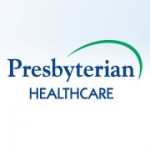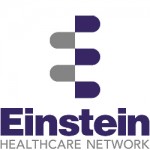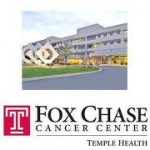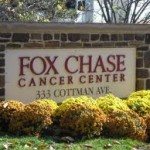Dr. James O’Brien MD, MBA at Presbyterian Healthcare in Charlotte
Friday, October 12th, 2012 Presbyterian Cancer Center is participating in an international research trial focused on whether preventive lung cancer screening can aid early detection.
Presbyterian Cancer Center is participating in an international research trial focused on whether preventive lung cancer screening can aid early detection.
The collaborative trial, called the International Early Lung Cancer Action Program, will screen participants with low-dose CT scans. The study includes 48 institutions in nine countries.
It aims to determine whether that type of screening could be used for populations at a high risk of developing lung cancer, says Dr. James O’Brien of Mecklenburg Radiology Associates.
That radiology practice is Presbyterian’s imaging partner for medical testing. O’Brien will be the principal investigator for the study in Charlotte.
The initiative builds upon findings from the National Lung Screening Trial, released last year. That study found that CT screening reduces lung cancer mortality by 20% when compared with a chest X-ray.
“We’re definitely on the forefront of doing this,” O’Brien says.
The cancer center, part of Charlotte-based Presbyterian Healthcare, is the only site in a three-state radius participating in the trial.
The center has an annual enrollment goal of 500 patients. That will continue until the trial goals are met or a decision is made on CT screening for high-risk patients.
O’Brien estimates each CT scan will cost at least $150.
The cancer center will receive financial support to defray those costs from the LungStrong 15K/5K walk-run, a Charlotte-based charity race that supports lung-cancer research. “We’re going to try and give as much as we can,” says Eddie David, LungStrong founder.
The charity race began in 2007, following the death of David’s father from lung cancer. The event has raised about $500,000 over the past five years.
Early screening will help reduce deaths related to lung cancer, David says. “It’s something we’ve needed for a long time. The No. 1 cancer killer in the country is lung cancer.”
Most of Presbyterian’s participants will be referred by doctors, but some may choose to participate on their own if they have an extensive history of smoking, a family history of cancer or significant exposure to second-hand smoke.
“You’re looking to find the appropriate population that has this disease in a high enough frequency that you can screen for it adequately,” O’Brien says.
The National Cancer Institute estimated more than 220,000 people would be diagnosed with lung cancer in 2011. Less than 15% of patients survive five years after being diagnosed with the illness. Experts cite limited opportunities for early detection of the disease.
But O’Brien notes that 80% of patients diagnosed with Stage 1 lung cancer will survive. They face surgery to remove the cancer and follow up CT scans.
Courtesy of : Jennifer ThomasStaff Writer- Charlotte Business Journal








